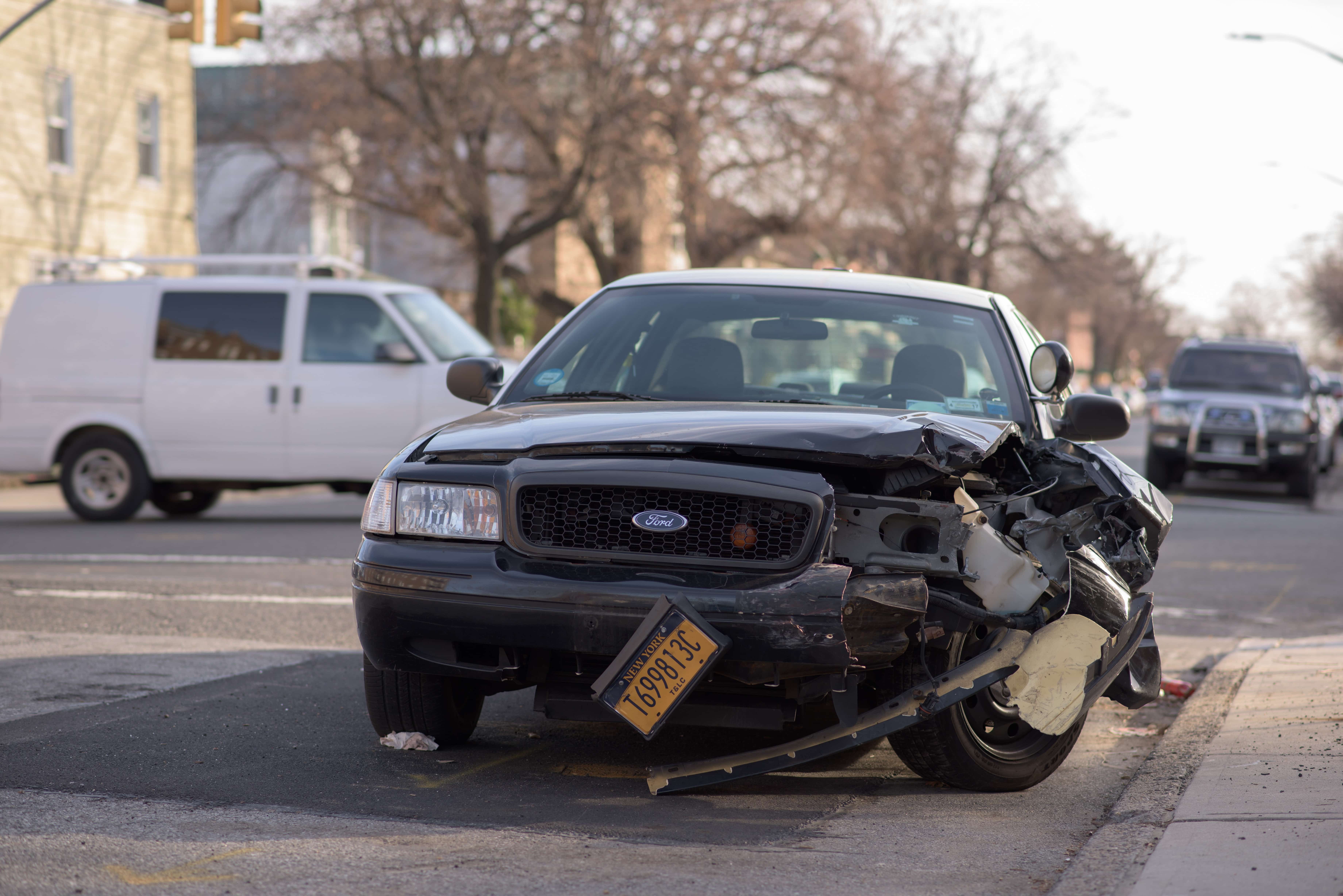Are Personal Injury Damages Exempt From Matrimonial Property?

When a couple gets divorced, a key issue to resolve is the fair valuation and division of all matrimony property. When one party receives damages for injuries suffered in an accident after separation, how are those damages to be treated when it comes to the division of property? Under s. 7(2) of the Matrimonial Property Act, whether such damages are or are not exempt depends on the value of the property at the time of marriage, or when the property was received; whichever was later.
The parties were married in 2012 and had two children. The husband was injured in a motor vehicle accident in 2013. Since the injury, the husband’s ability to work was impacted and he received income from the Worker’s Compensation Board. He also earned some additional income through work as a distributor for a dog food company. He had also been working “under the table”, earning undeclared income performing work for his sister’s business. The court found that the husband was not forthcoming with respect to the amount of income earned after becoming injured. The wife was a registered nurse, working 60% full-time, as agreed to between the parties at the time of separation.
The couple separated in early 2016. Approximately six months later, the husband accepted a settlement offer with respect to his injuries in the amount of $300,000. After paying his legal fees and other expenses, he received a total of just under $200,000. When it came time to calculate spousal support, the wife asked that some or all of the settlement amount be imputed to the husband as income for the year in which it was earned. The trial judge refused this request, noting that the settlement was intended to subsidize his reduced earning capacity over a long period of time, particularly given the fact that the husband’s future income loss was unknown.
Trial Judge Splits Settlement 50/50
The judge did determine, however, that 50% of the net settlement amount should be included as net family property, and that the remaining 50% should be exempt. The husband appealed this order, requesting that an additional $25,000 be exempt under s. 7(2) of the Matrimonial Property Act, which states:
7(2) If the property. . .
(d) is an award or settlement for damages in tort in favour of a spouse, unless the award or settlement is compensation for a loss to both spouses . . .the market value of that property at the time of marriage or on the date on which the property was acquired by the spouse, whichever is later, is exempted from a distribution under this section.
The appeals judge noted that a 2005 decision of the ABCA, Nuttall v Rea, the court determined that the Act did not exempt compensation replacement intended “for the period during which the marriage was intact”.
Husband’s Deceit Regarding Employability Undermined His Position
Given the fact that the husband was earning Worker’s Compensation income while also working under the table, both courts were left with little to go on when it came to determining any future loss of income, or the husband’s ability to earn income going forward. There was no confusion that the portion of the settlement intended to compensate for future loss of income should be exempt, it was unclear what that future loss looked like, given the husband’s lack of disclosure. The trial judge did the best that could be done under the circumstances by splitting the settlement down the middle.
Given that, the ABCA was reluctant to overturn the trial judge’s order, and determined that the husband had failed to demonstrate the need to make a greater portion of the settlement exempt under the Act.
The family law lawyers at Mincher Koeman are exceptionally experienced with respect to support awards and the distribution of property following the breakdown of a relationship. We will work with you to ensure that you receive a support award that accurately reflects the true financial positions of the parties. Contact our office today by calling us at 403-910-3000 or contact us online.
A team above all. Above all a team.
Calgary Office
707 7 Ave SW #1300,
Calgary, AB T2P 3H6
Canmore Office
621 10 St #101
Canmore, AB T1W 2A2
Subscribe to our blog!
© Mincher Koeman LLP 2024. All rights reserved.
Website designed and managed by Umbrella Legal Marketing